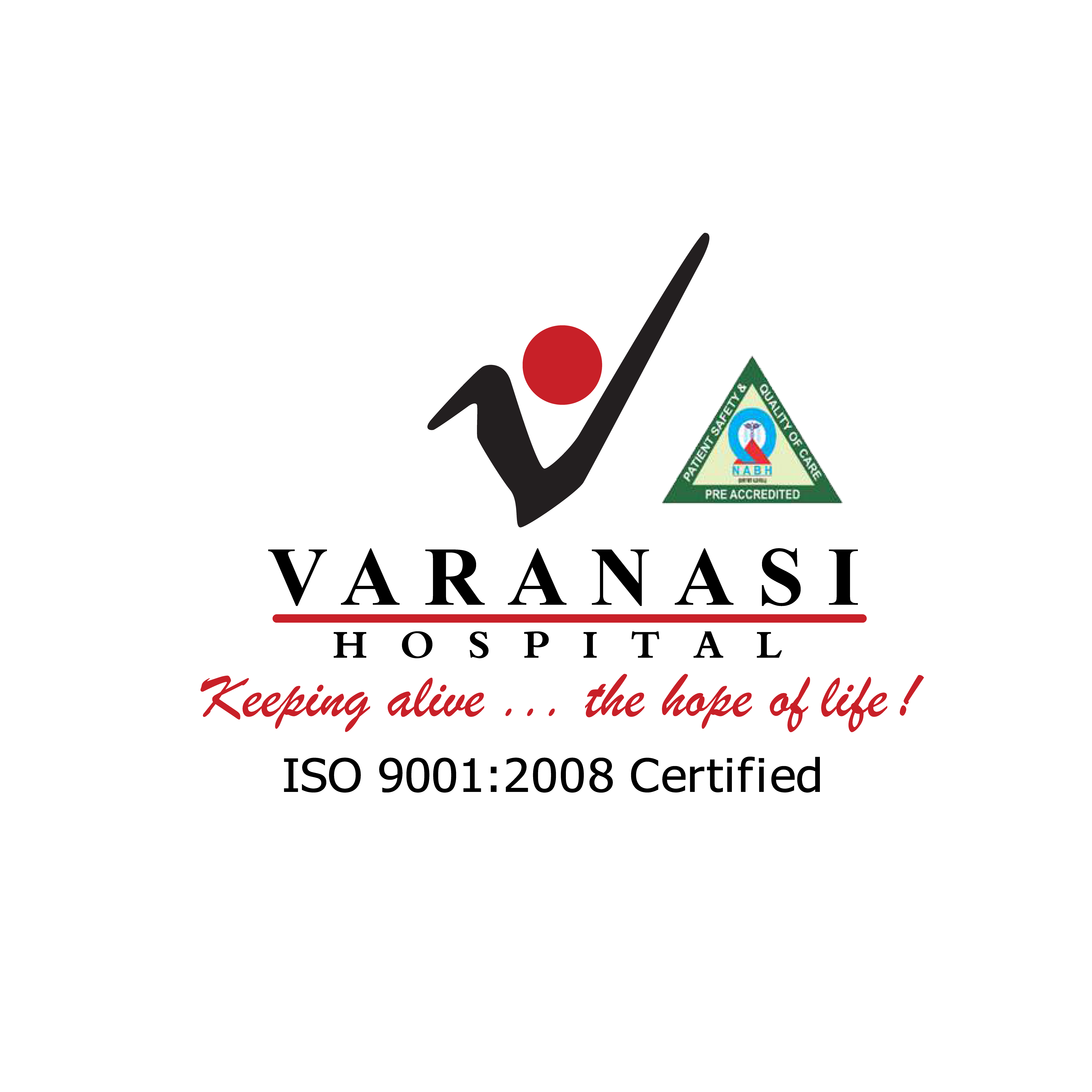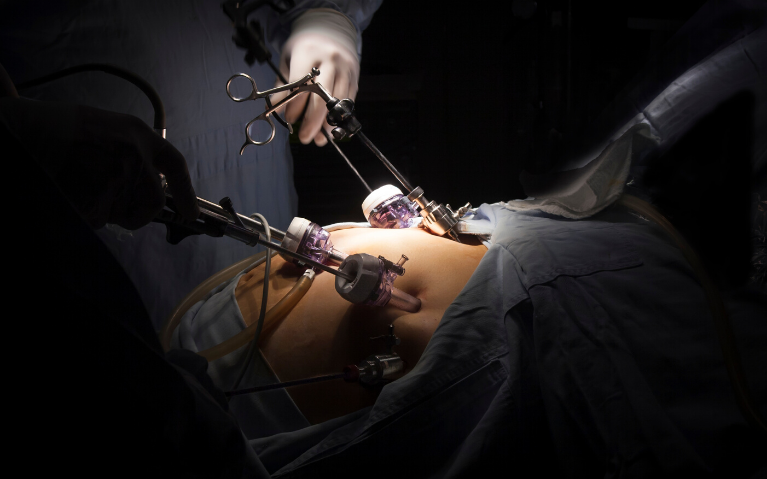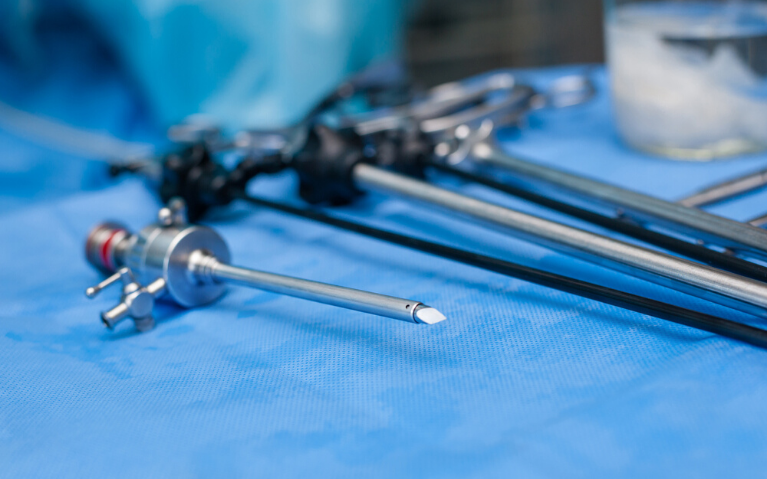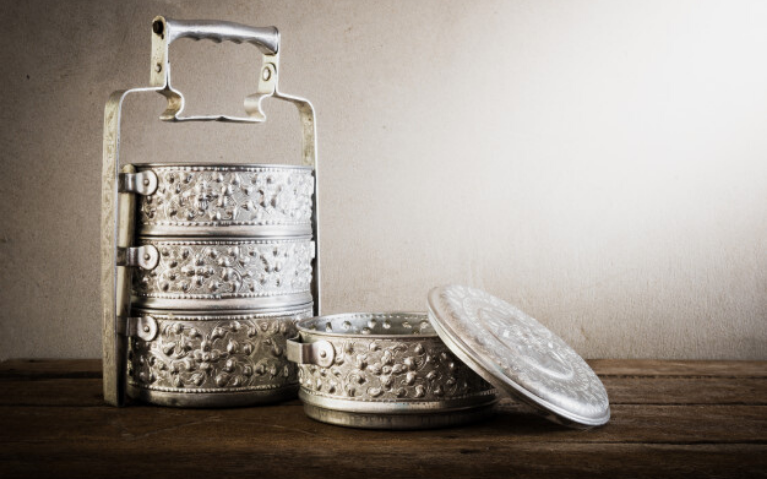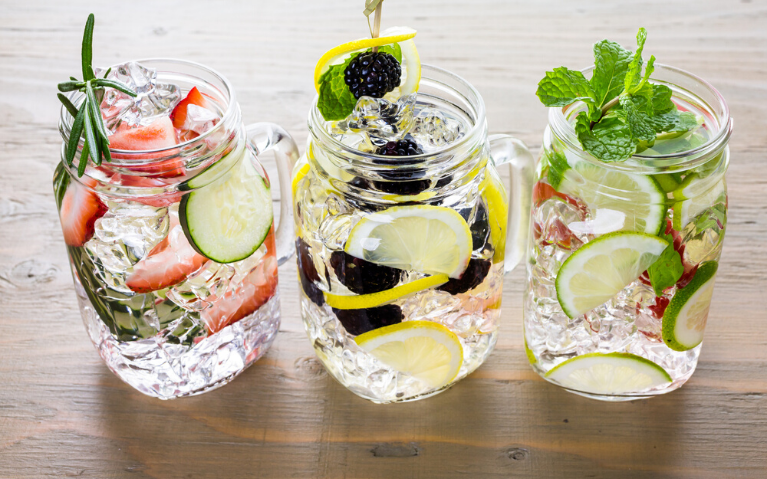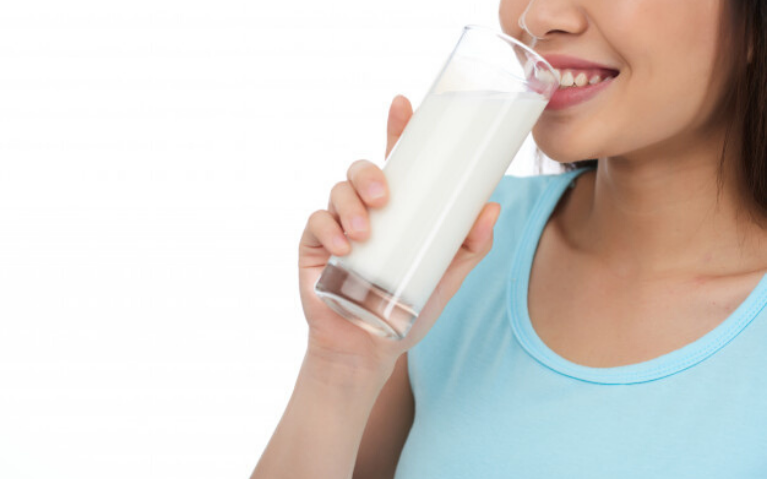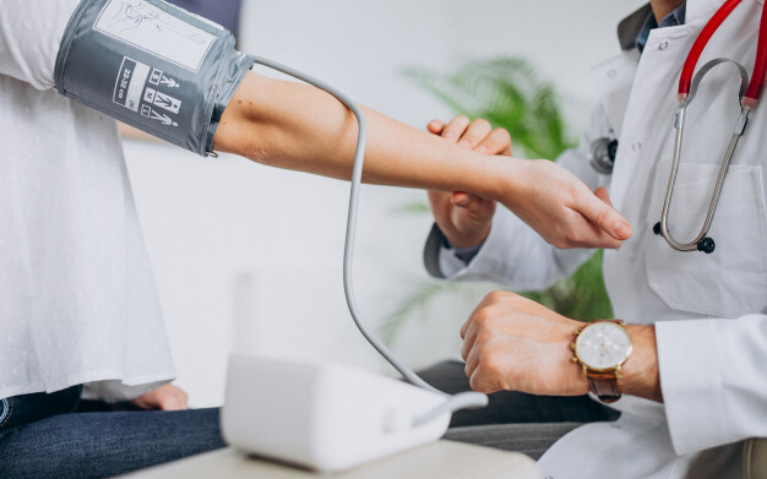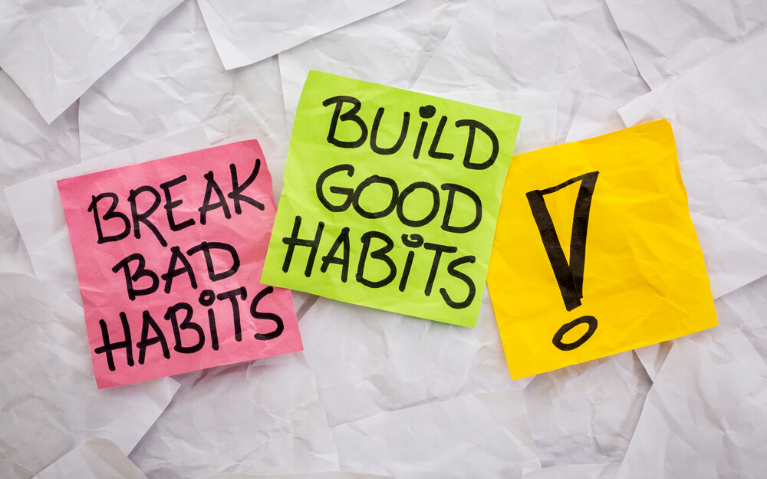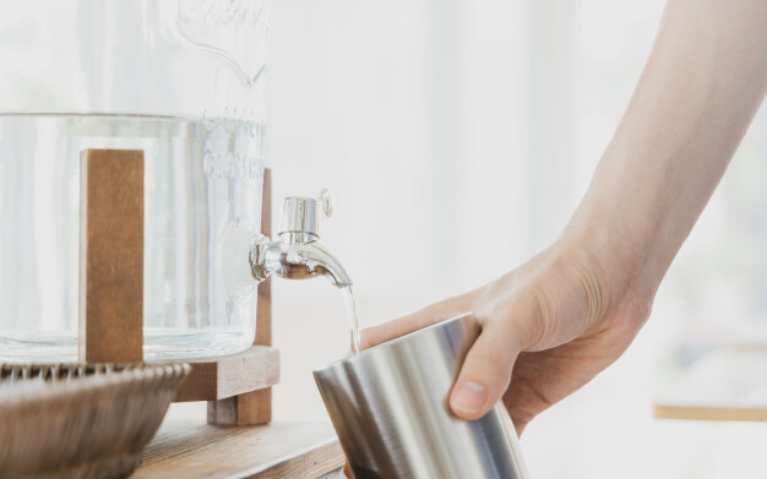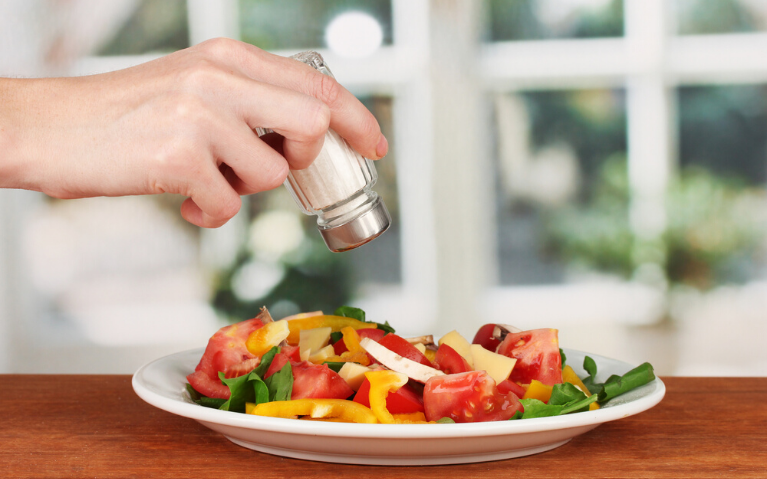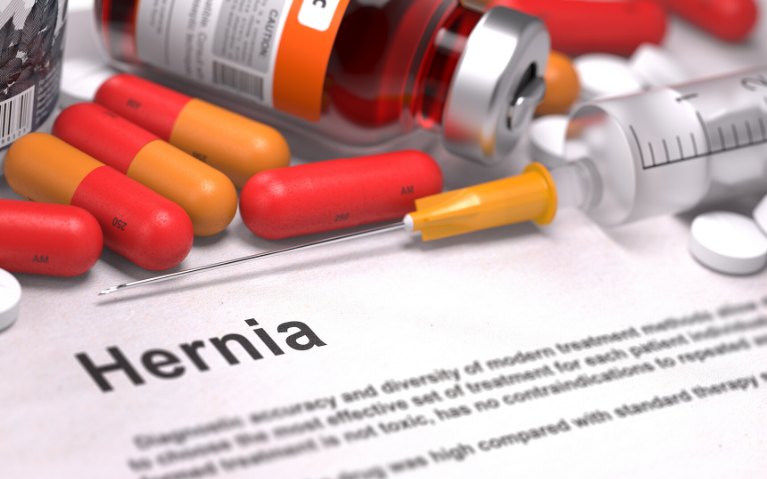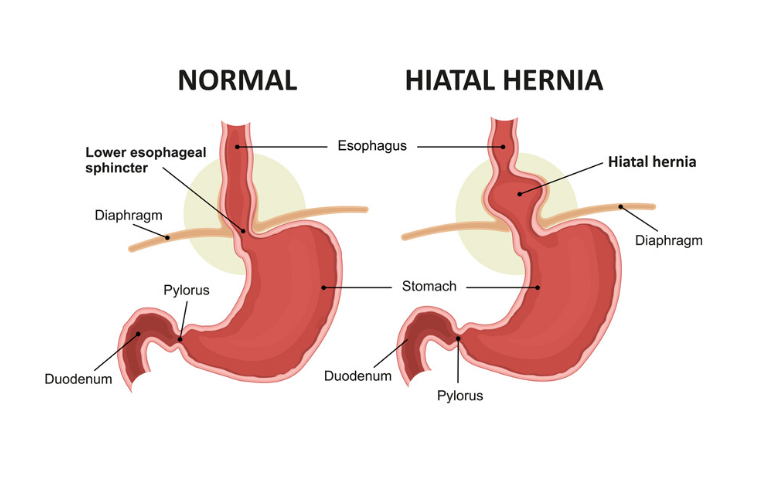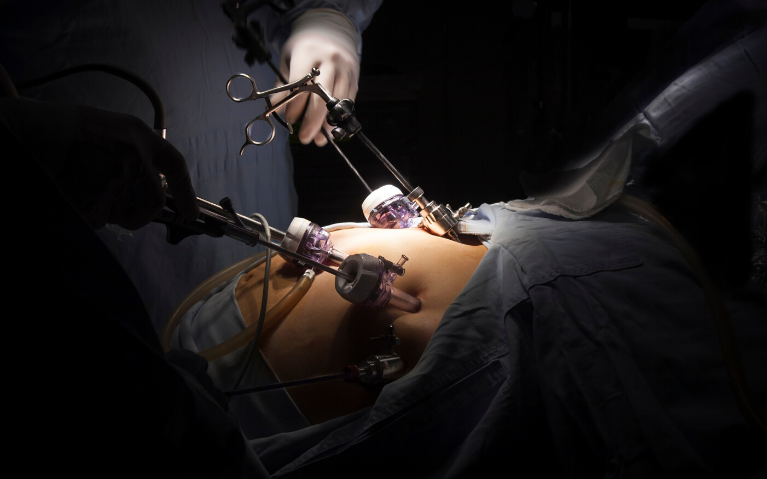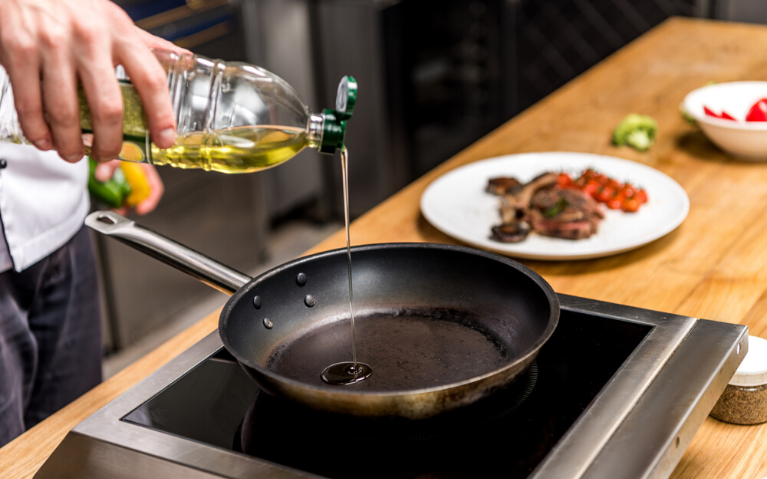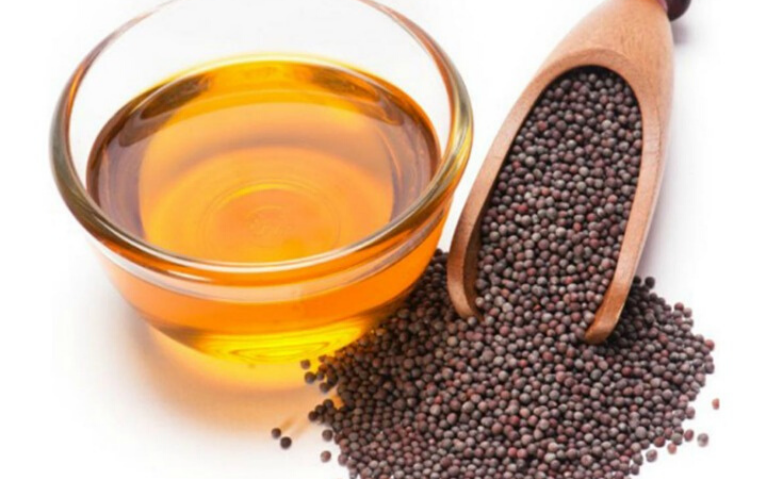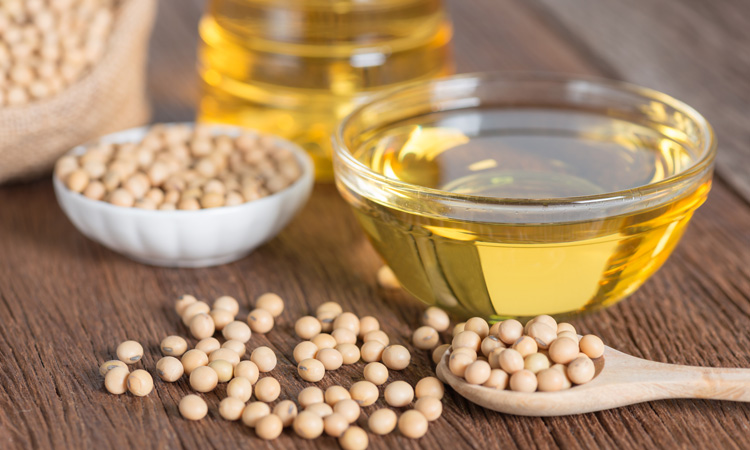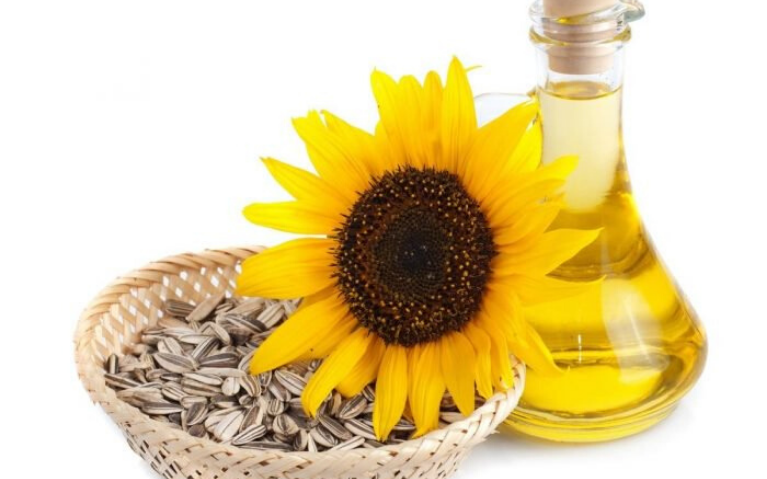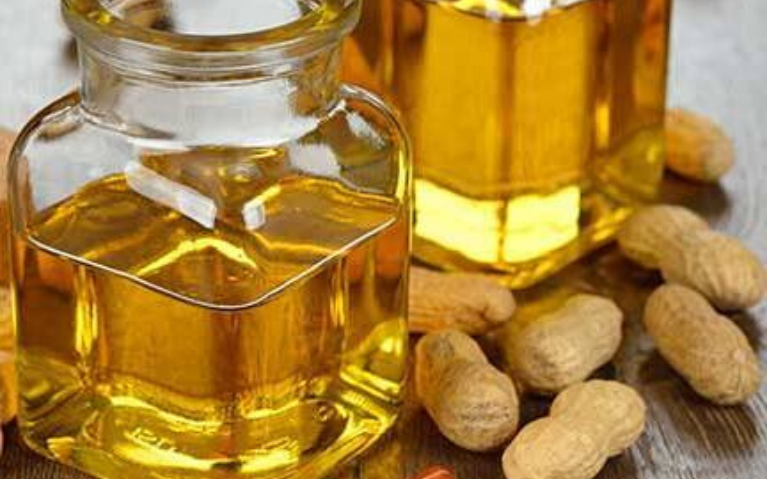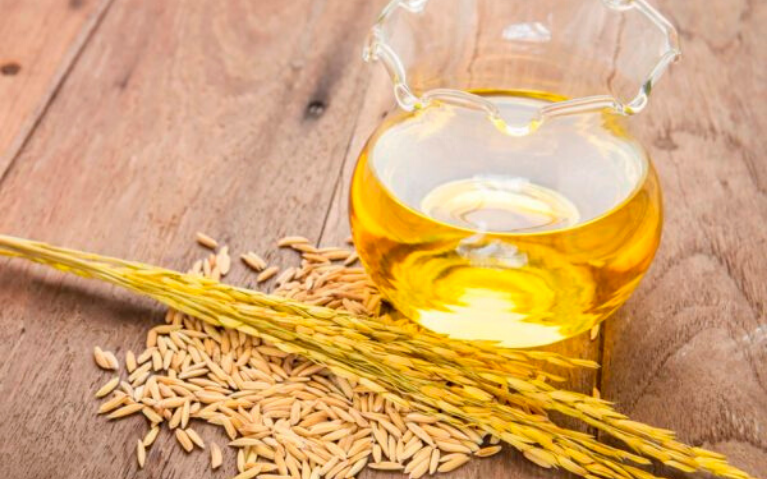Laparoscopic Surgery Procedures Available At Varanasi Hospital
Varanasi Hospital, a renowned hospital situated in Bhelupra, Varanasi offers several laparoscopic surgical procedures to the patients at economical rates and a guarantee of higher success. In a laparoscopic surgical technique, instead of making one large incision, the laparoscopic surgeons make some smaller incisions and employ special surgical tools for the patient’s treatment. There are many reasons why laparoscopic surgery is considered better than general or open surgery. Let’s mention a few of them.
• Zero risk of infections
• No blood loss
• No scars due to minor surgical cuts
• Almost no pain
• Higher success rate
• Quick recovery
• Early discharge (if compared to general surgery)
• Inexpensive (when compared to open surgery)
• Speedy recovery.
Today, Varanasi Hospital, the best hospital in Varanasi will highlight some of the laparoscopic surgery procedures available at our hospital. So, let’s take a quick look at them.
Laparoscopic Gallbladder Stone Surgery
In a laparoscopic gallbladder stone surgery, the entire or partial portion of the gallbladder is removed as a permanent treatment for gallstones. Laparoscopic gallbladder stone operation is also known as laparoscopic cholecystectomy.
Laparoscopic Hernia Surgery
In a majority of cases, hernia requires surgical treatment. At Varanasi Hospital, we provide laparoscopic hernia repair surgery to all our patients. To prevent the recurrence of a hernia, we use surgical mesh to make usual stitches on the surgical area.
Laparoscopic Rectopexy
Rectal prolapse is a troublesome situation which requires immediate surgery. We offer laparoscopic rectopexy or rectal prolapse surgery in our hospital.
Laparoscopic Ovarian Cystectomy
At Varanasi Hospital, we have a gynaecology department that treats ovarian cysts through laparoscopic ovarian cystectomy
Laparoscopic Appendectomy
Laparoscopic surgical treatment for appendicitis is available at Varanasi Hospital. In a laparoscopic appendectomy, we remove the inflamed appendix to avoid any situation of a ruptured appendix in the future.
Visit Varanasi Hospital, one of the best hospitals in Varanasi to receive premium laparoscopic surgical treatment from the most experienced and well-known laparoscopic surgeon, Dr Manish Jindal.
